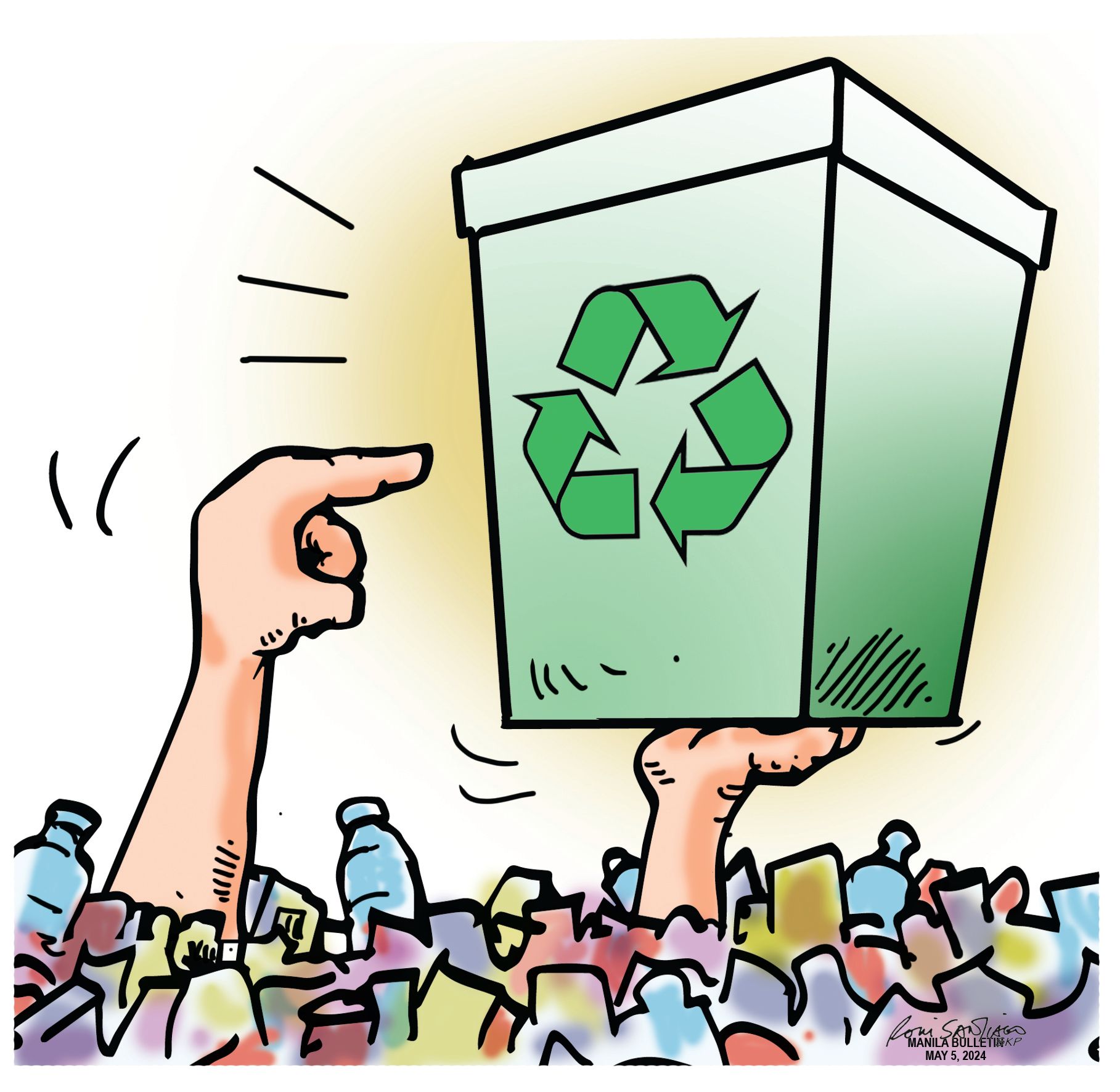
Is a day without using a plastic bag, packaging wrap, or a sachet possible?
Take time to observe how plastic has become part of our lives, especially in the kitchen where it is used to wrap, store, or carry food, utensils, and everything else. The presence of plastic has become like an essential item – and has now caused a serious plastic pollution problem.
Here are some facts about the problem:
“Every day, the equivalent of 2,000 garbage trucks full of plastic are dumped into the world's oceans, rivers, and lakes. Every year 19 to 23 million tons of plastic waste leaks into aquatic ecosystems, polluting lakes, rivers and seas.
“On average, the world is producing 430 million tons of plastic per year – two thirds of which are only used for a short period of time. Wrappers for our chocolate bars, packets for our crisps and plastic utensils for our lunch.
“Plastics account for 85 percent of marine litter. A plastic grocery bag has been found in the Mariana Trench – the deepest point in the ocean,” according to a United Nations statement.
Plastic pollution is a serious problem in our country. According to a Senate policy brief published in August 2023 citing studies in 2015, the “Philippines is the third largest contributor to global ocean plastic pollution. It produces 2.7 million tons of plastic waste each year, of which half a million tons end up in oceans.”
A single-use package known as the sachet is a major contributor to this problem, comprising 52 percent of the plastic waste in the country. The sachet, which started in the 1990s, is the packaging of consumer products in small units, offering the product at a cheaper price. The sachet type of marketing became so popular that many products are now offered in such a package – from detergents, shampoo, soap, powdered milk, coffee, condiments, or cosmetics. Sadly, the sachet replaced the sustainable practice of buying products in small amounts by refilling reusable containers.
According to the Department of Environment and Natural Resources, the Philippines produces 61,000 metric tons of waste every day. This roughly equates to 163 million sachet packets, 48 million shopping bags, and 45 million thin-film bags. Approximately 33 percent of our waste ends up in landfills and dumpsites, while 35 percent is leaked into oceans and environments.
The plastic pollution problem was the focus of the recent World Earth Day theme – Planet vs. Plastics – where its organizer, Earthday.org, the world’s largest recruiter to the environmental movement, renewed calls for governments to act now to reduce by 60 percent the production of all plastics by 2040.
Today, look around your home, community, supermarkets, churches and schools. Observe how plastic has become an essential part of everyday life. All the single-use plastic items you see will soon add to plastic pollution. Take a step to stop plastic pollution. Reuse, recycle, or better yet, replace a plastic bag or package with a reusable bag.